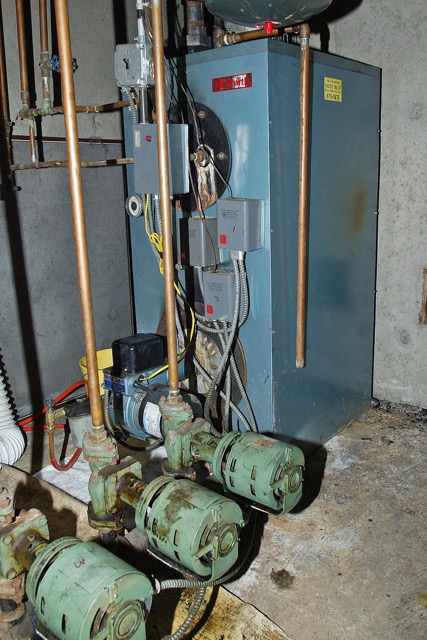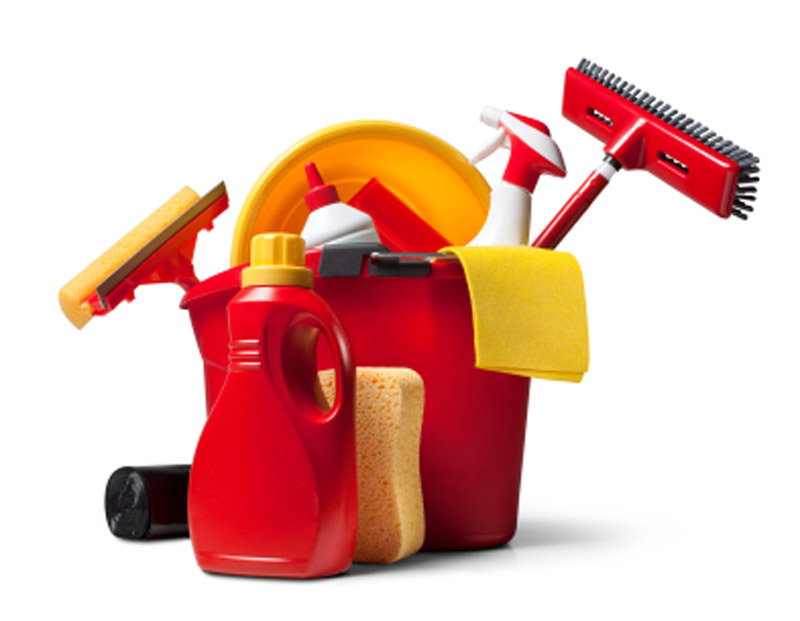How to Choose the Right Restoration Contractor For The Job
Disaster can strike unexpectedly, and your home isn’t exempt from damage that such an event can bring. Whether your home is damaged by a sudden fire or flooded due to a burst pipe, your property will be in need of serious repairRepair is the act of fixing or restoring damaged property, m... More.
As a homeowner, you may be used to fixing minor issues and maintaining parts of your home. However, doing a restorationRestoration is the process of returning a property to its pr... More job by yourself may leadLead is a heavy metal that can be toxic to humans, especiall... More to accidents and injuries if you have no idea how it is properly done. More complex issues such as those caused by natural disasters and technical and structural problems should only be solved through the knowledge and expertise of a professional disaster restoration contractor.
That said, it is important to note that not all restorationRestoration is the process of returning a property to its pr... More contractors are equal. Just selecting the contractor you find on a random internet list is not a guarantee that your home will be restored to its former peak condition. Choosing the right restorationRestoration is the process of returning a property to its pr... More contractor for the job should not be a sudden decision based on availability and convenience. Rather, it should be a process that takes different factors into consideration. In addition, all homeowners will have second thoughts about letting a complete stranger into their homes and work on the property.
So, for your peace of mind and to ensure that you get the job done, here are some of the ways you can vet future restorationRestoration is the process of returning a property to its pr... More contractors.
1. Verify that the contractors’ licenses are valid

Always consider hiring a licensed restorationRestoration is the process of returning a property to its pr... More contractor
Licensing and permits are important in the construction and restorationRestoration is the process of returning a property to its pr... More industry. For home restorationRestoration is the process of returning a property to its pr... More jobs such as structural repairs and plumbing work, most states require that the job be done only by licensed contractors. While you can still choose to work with restorationRestoration is the process of returning a property to its pr... More contractors who do not have a license, there will be no guarantees that the work that they will provide will be top quality. In addition, hiring an unlicensed contractor will also make you the de facto general contractor of the project. This makes you responsible for defective work, property damage, and injuries that may happen while the restorationRestoration is the process of returning a property to its pr... More job is being done.
Save yourself from the potential headache and hassle of a botched restorationRestoration is the process of returning a property to its pr... More job by hiring only a licensed contractor. Having a license is a good indication that the restorationRestoration is the process of returning a property to its pr... More contractor you are hiring has the necessary knowledge and skills to do the job since they need to pass an examination mandated by the state before they can practice the profession. Most states have their own websites that you can use to verify if a license is valid and updated. Simply ask for the contractors’ license numbers and check them with the said website to ensure they are registered to work within the state.
2. Ask if the contractors are certified
Having a valid license is just one of the many factors that you need to consider when hiring a restorationRestoration is the process of returning a property to its pr... More contractor. RestorationRestoration is the process of returning a property to its pr... More contractors usually hold a general contractor’s license because there is no specific license for them. A lot of what restorationRestoration is the process of returning a property to its pr... More contractors do is specialized, such as damage assessment and reconstruction, compared to a general contractor, who usually focuses on new construction and remodeling.
So aside from licenses, you should also look into the contractors’ certifications. Contractors who specialize in restorationRestoration is the process of returning a property to its pr... More are usually certified by the InspectionInspection is the careful examination and assessment of a pr... More Institute of Cleaning and RestorationRestoration is the process of returning a property to its pr... More Certification (IICRC). The IICRC is an educational program that provides contractors with the proper techniques for cleaning, removal, and restorationRestoration is the process of returning a property to its pr... More of damaged building materials.
3. Ask if their businesses are properly insured
RestorationRestoration is the process of returning a property to its pr... More contractors often work as a part of the insurance process. As such, they should know about the ins and outs of insurance claims and they themselves should be protected. Accidents can happen in any construction project such as a restorationRestoration is the process of returning a property to its pr... More job. After all, damage from fire, floodingFlooding is the overflow or accumulation of water in areas t... More, and other disasters can severely weaken the structural integrity of your home. To protect yourself from any potential liability, ask potential restorationRestoration is the process of returning a property to its pr... More contractors if they have proof of insurance.
There are usually two types of insurance that restorationRestoration is the process of returning a property to its pr... More contractors need to have—general liability insurance and workers’ compensation. General liability insurance provides legal and financial protection in instances where someone is hurt, or something is damaged during the restorationRestoration is the process of returning a property to its pr... More work. Workers’ compensation provides medical assistance and wage replacement for workers who are injured during the job.
4. Look at the contractors’ past work

Any professional restorationRestoration is the process of returning a property to its pr... More contractor will give you a list of previous clients when you request them
One of the best proofs of a restorationRestoration is the process of returning a property to its pr... More contractor’s professional capability is their work history with previous clients. Any restorationRestoration is the process of returning a property to its pr... More contractor worth their salt will give you a list of previous clients when you request them. While this may be a handpicked list of some of the best work they did, you can check some of the more recent ones and judge for yourself. If you can have their contact details, talk to these customers and inquire about their experience working with the restorationRestoration is the process of returning a property to its pr... More contractor. Here are some of the questions that you should ask:
- Did the restorationRestoration is the process of returning a property to its pr... More contractor provide an accurate estimate?
- Were you satisfied with the restorationRestoration is the process of returning a property to its pr... More work?
- Was the restorationRestoration is the process of returning a property to its pr... More project finished on time and within budget?
- Were there any mistakes? How did the contractor handle them?
- Do you recommend the contractor?
5. Inquire if part of the work will be done by a subcontractor
When getting any construction work job done, many homeowners just leave the job to the contractor without asking any questions. This should not be the case. Do not hesitate to ask questions about the project itself, especially about the people who will work on your home.
There are cases where a restorationRestoration is the process of returning a property to its pr... More contractor will hire a subcontractorA subcontractor is a professional or company hired by the ma... More to do part of the job. Knowing this information is important, especially if you will be affected should there be a payment dispute between the restorationRestoration is the process of returning a property to its pr... More contractor and the hired subcontractorA subcontractor is a professional or company hired by the ma... More. If the restorationRestoration is the process of returning a property to its pr... More contractor is unable to pay the subcontractorA subcontractor is a professional or company hired by the ma... More, the latter may file a mechanics lien to recover payment.
Looking for a restorationRestoration is the process of returning a property to its pr... More contractor can be a challenging task, especially when currently facing a damaged and unlivable home. Hopefully, the steps we outlined above can help you choose the right disaster restoration contractor that can guide you through the process. Good luck!












